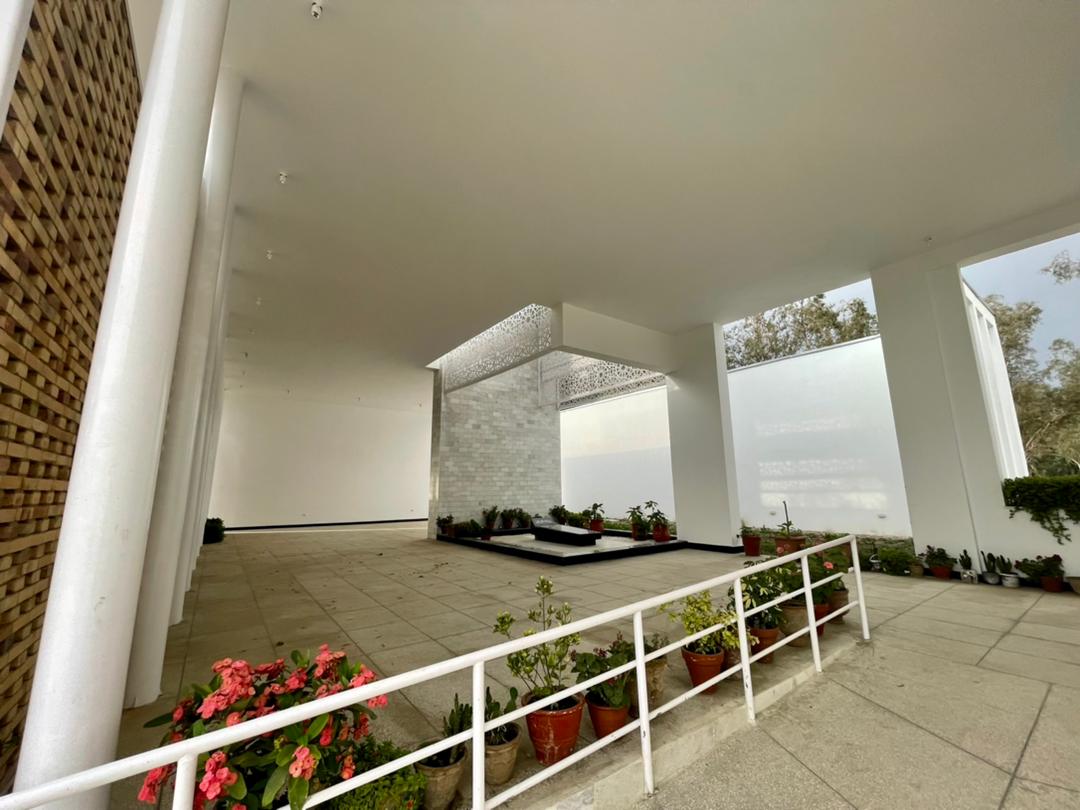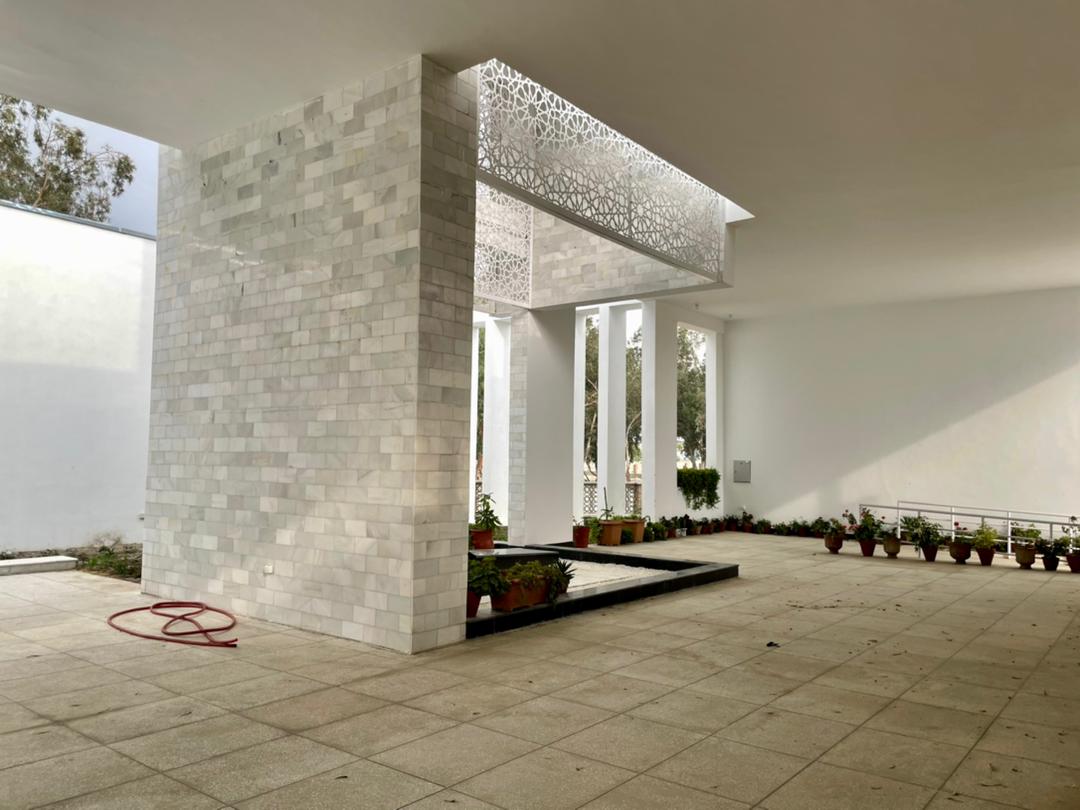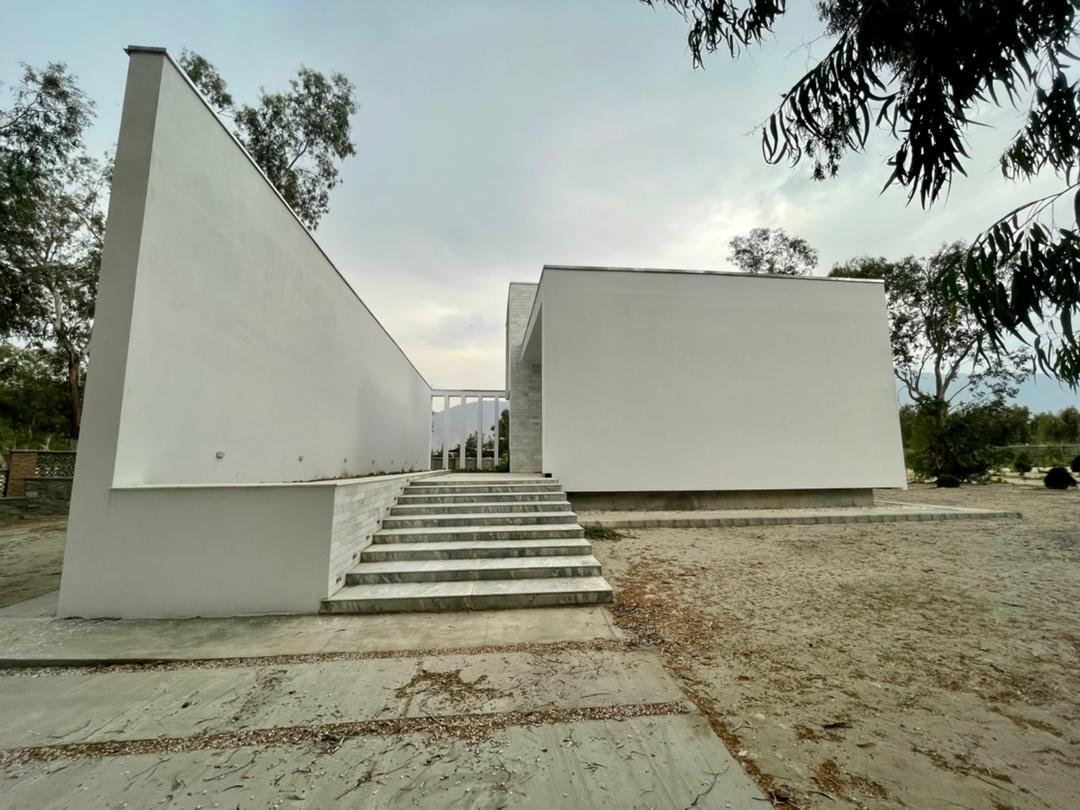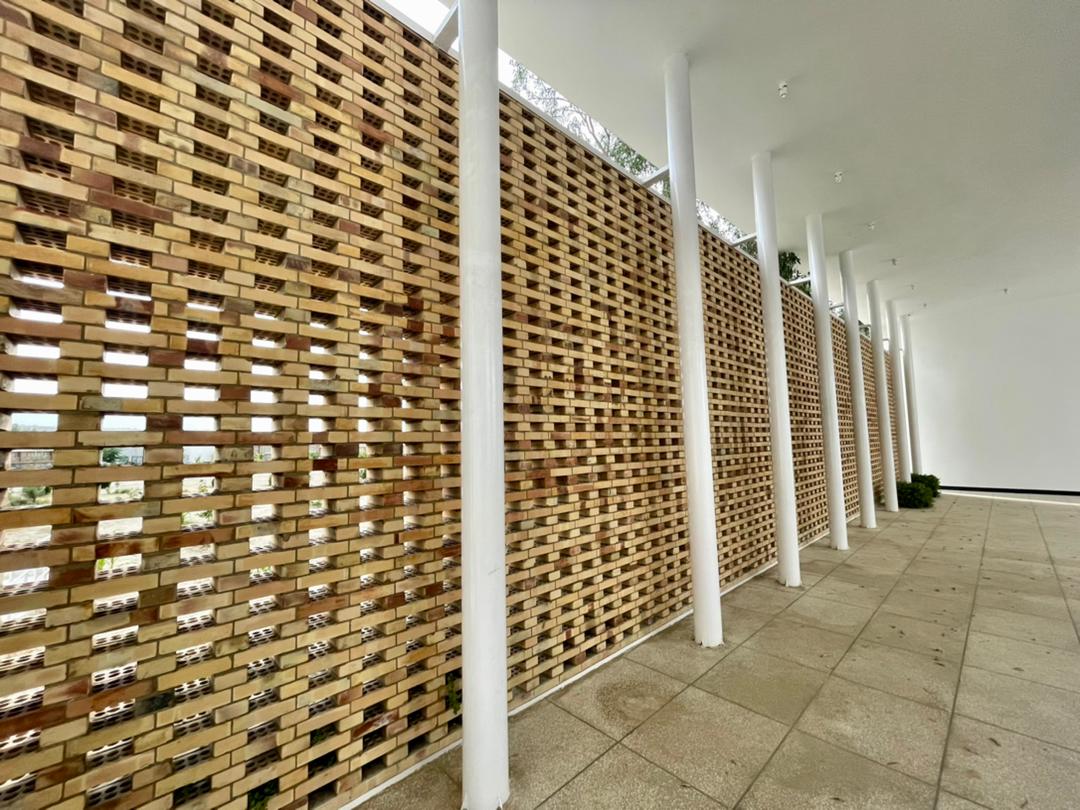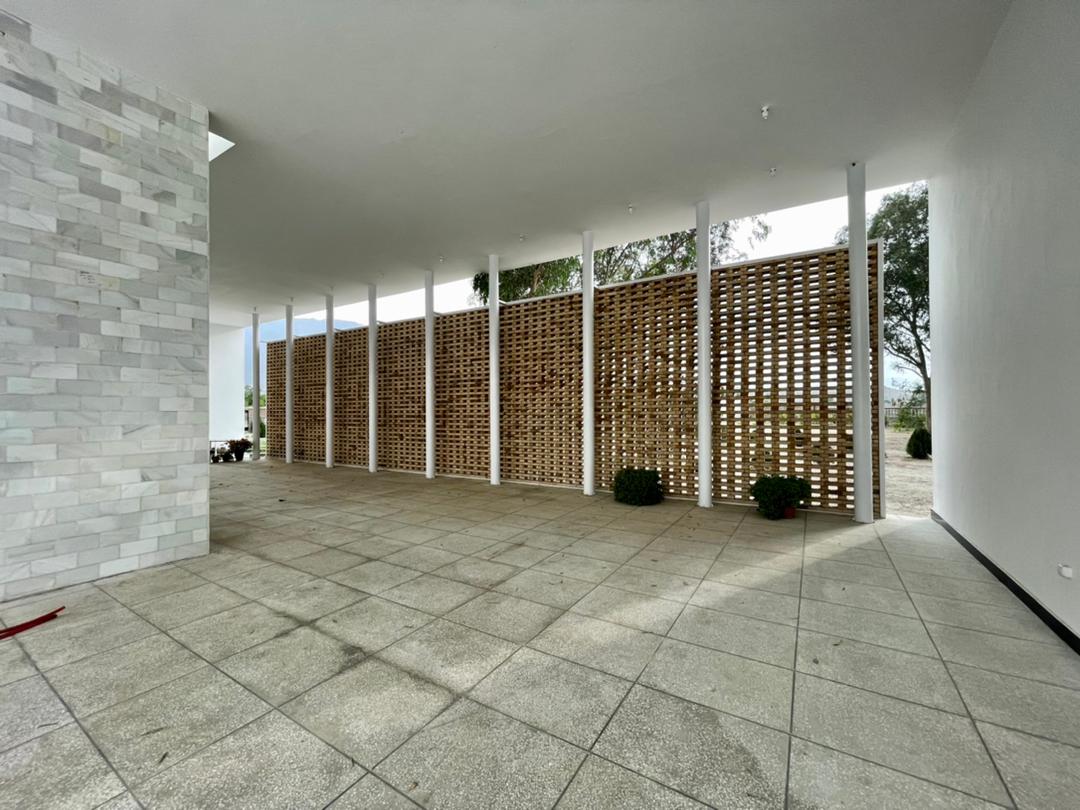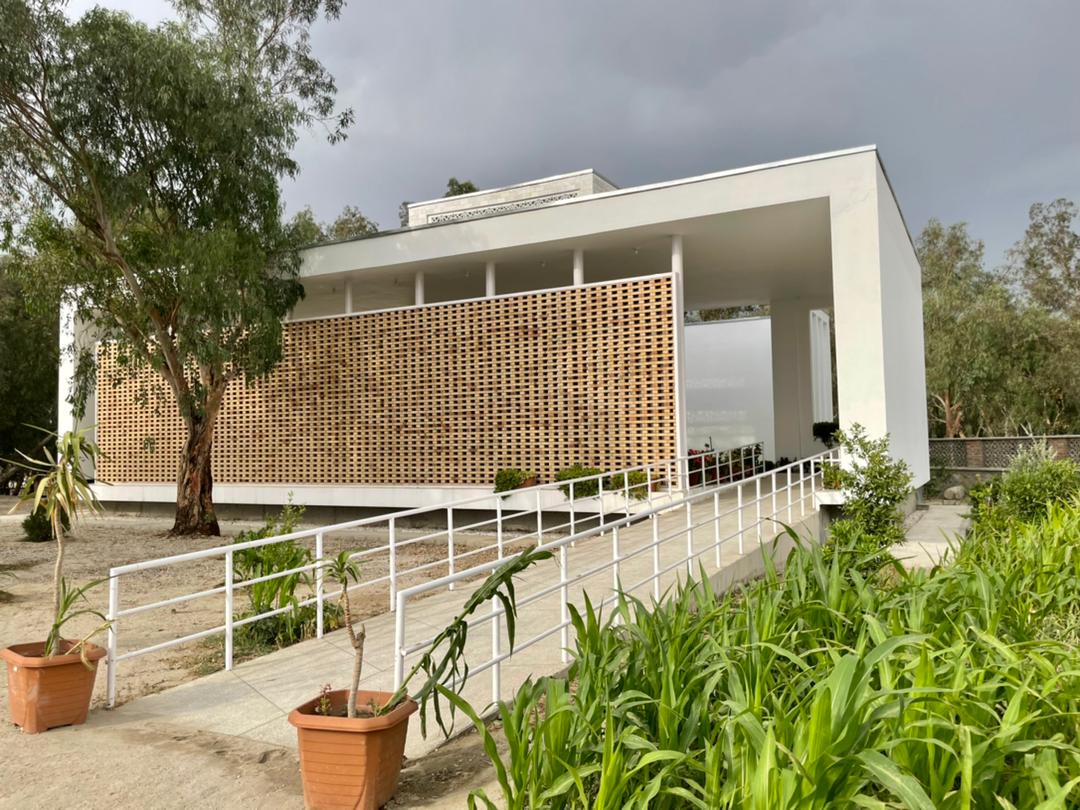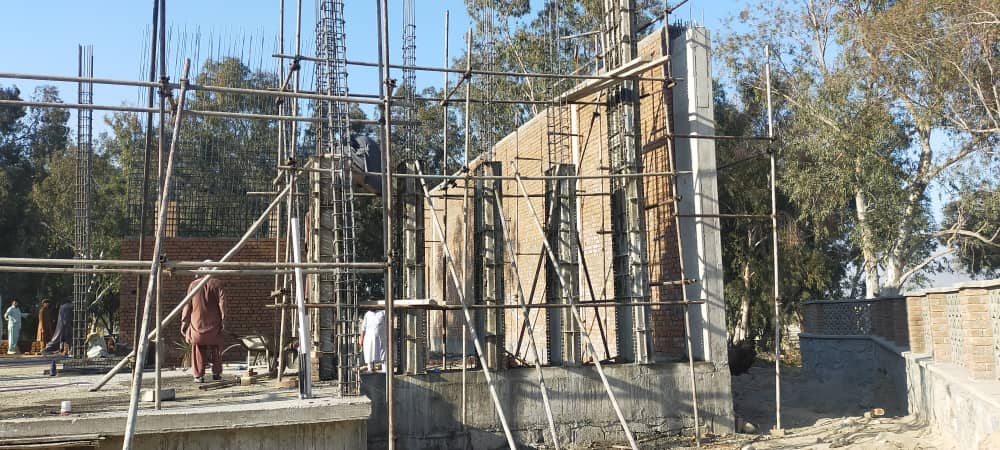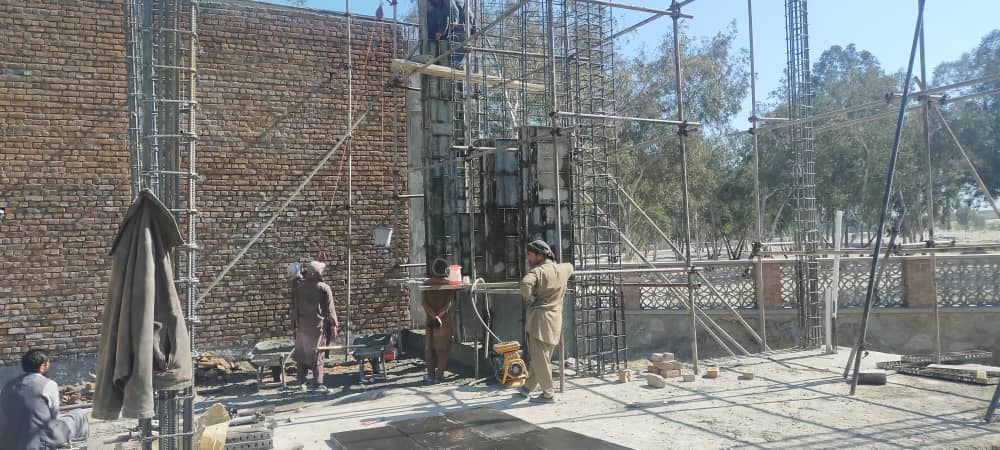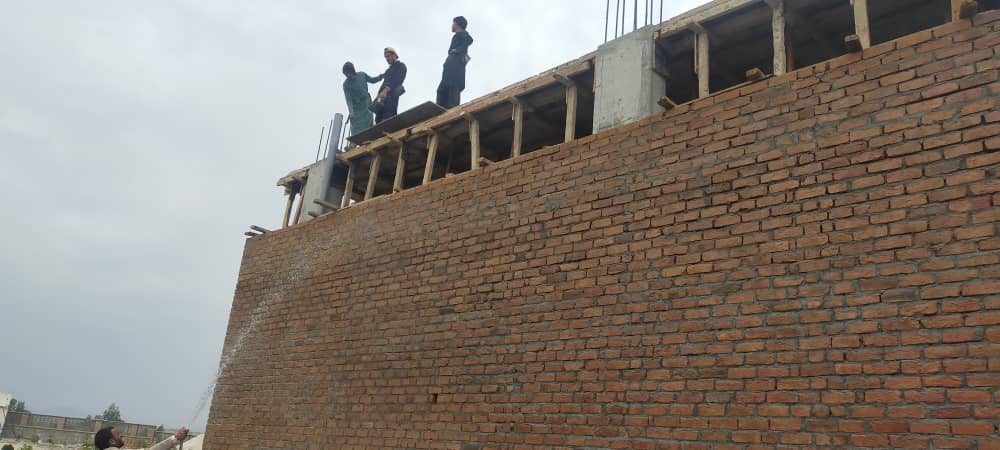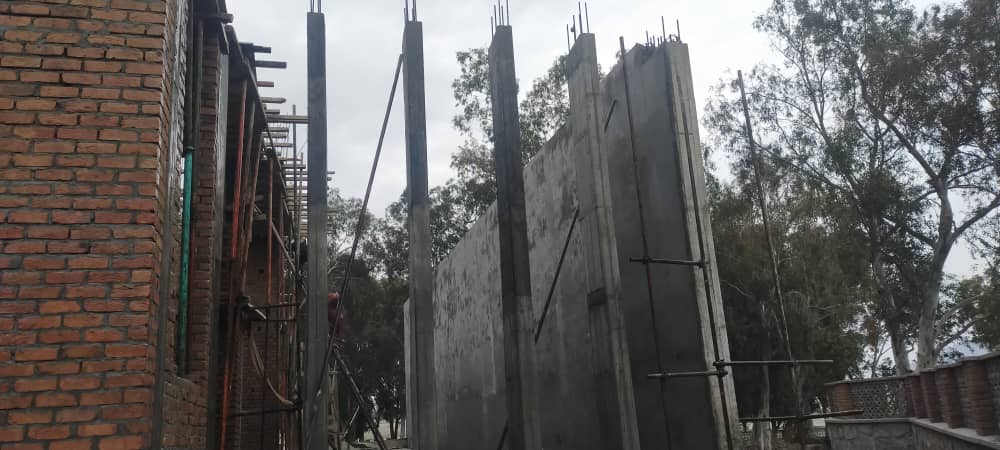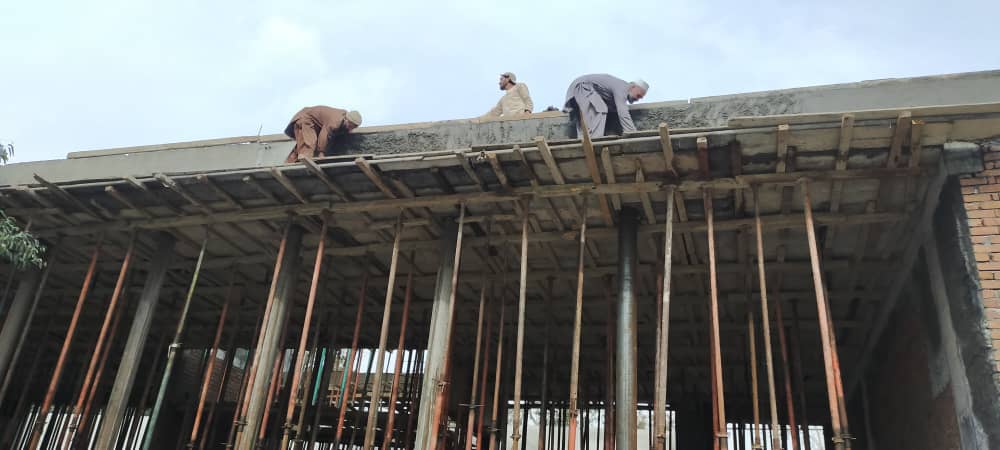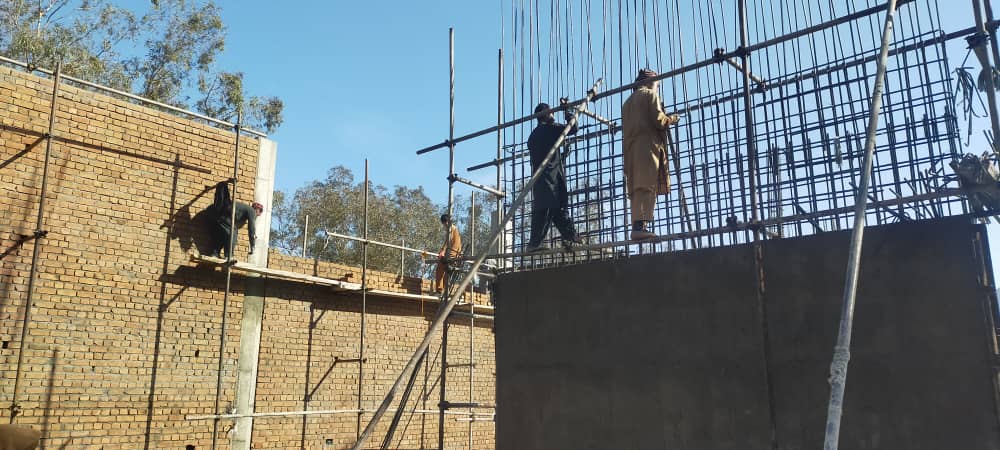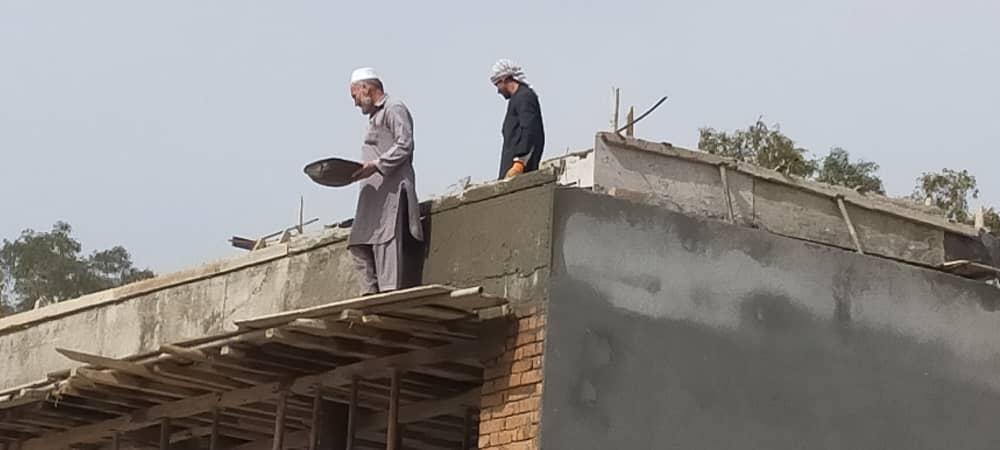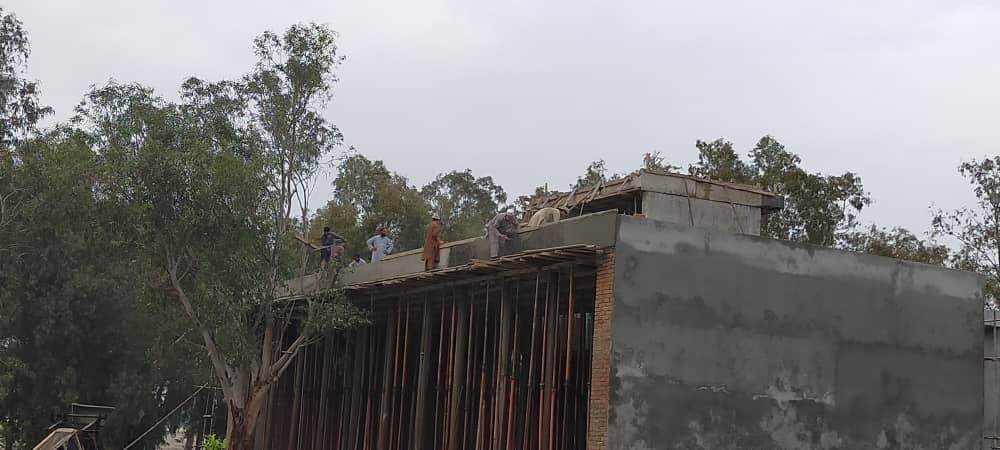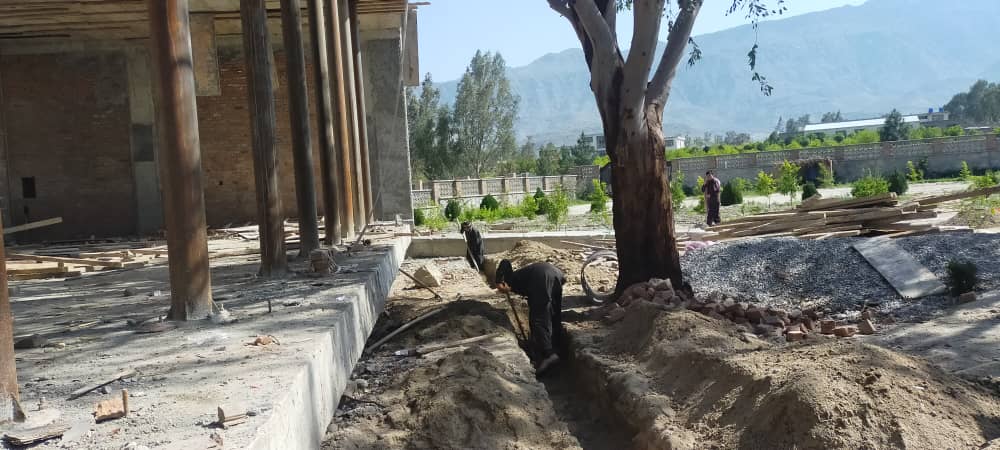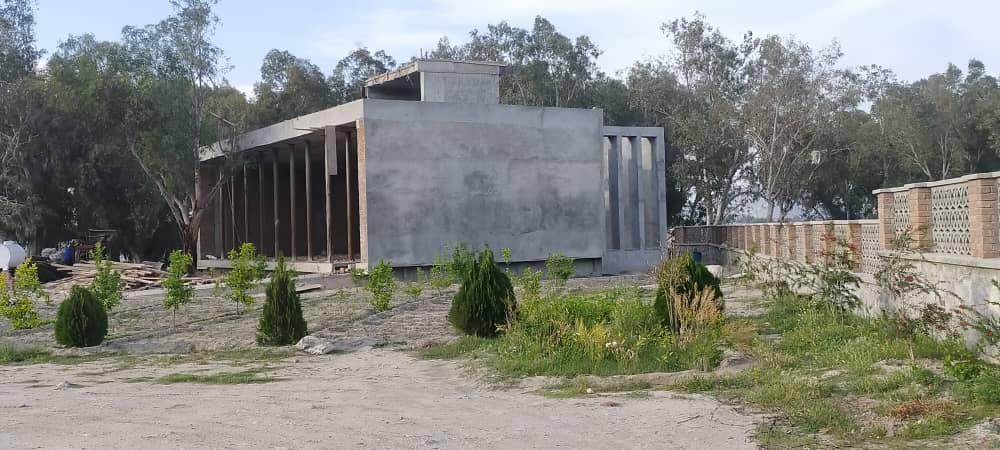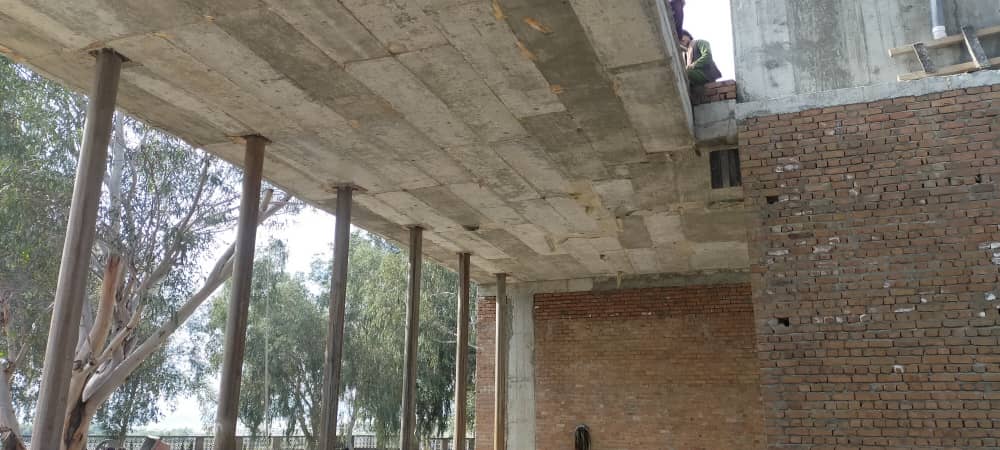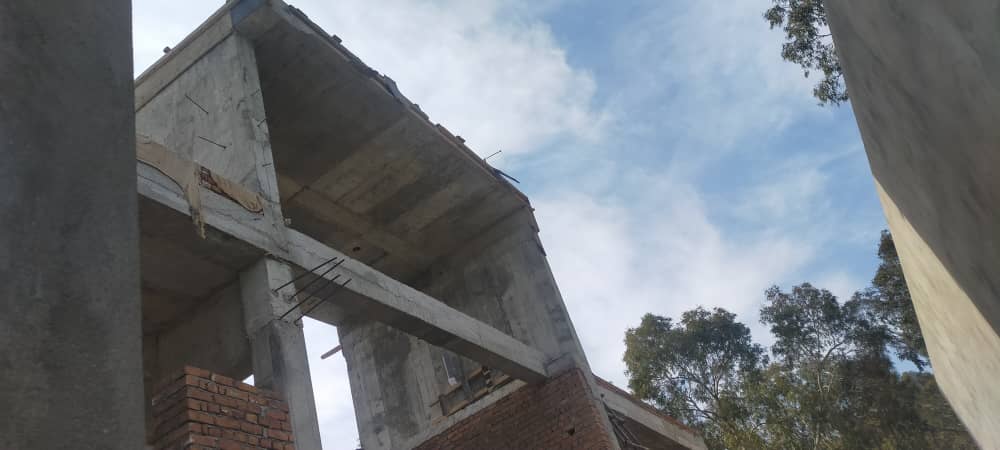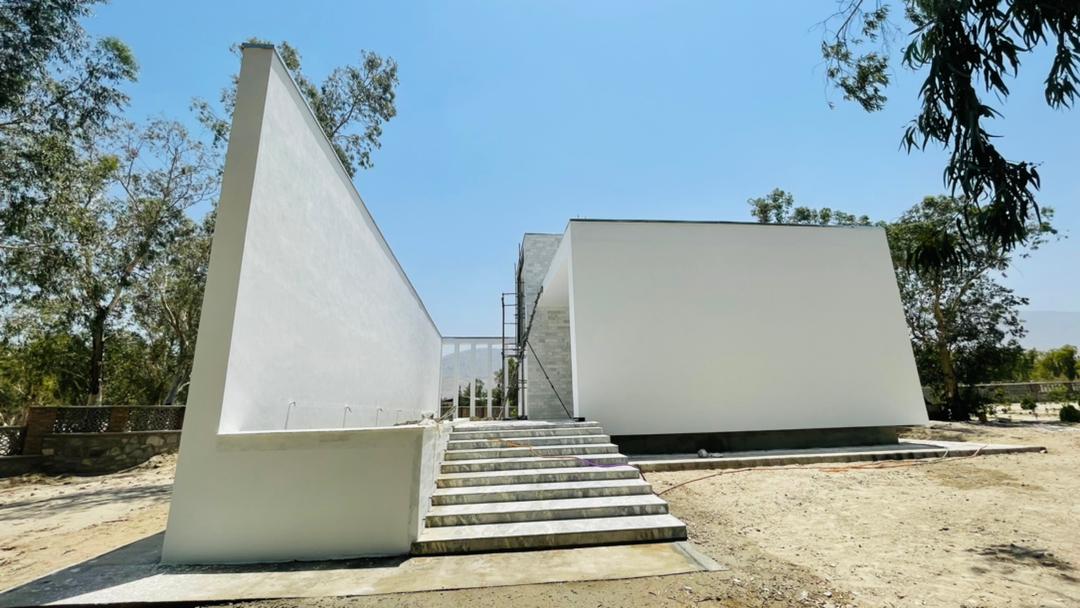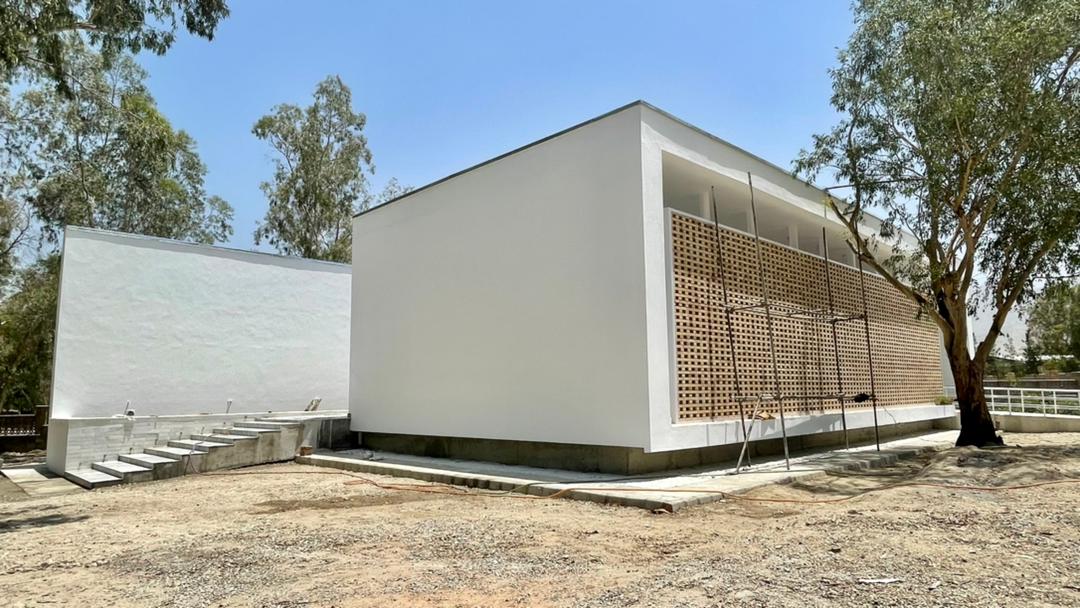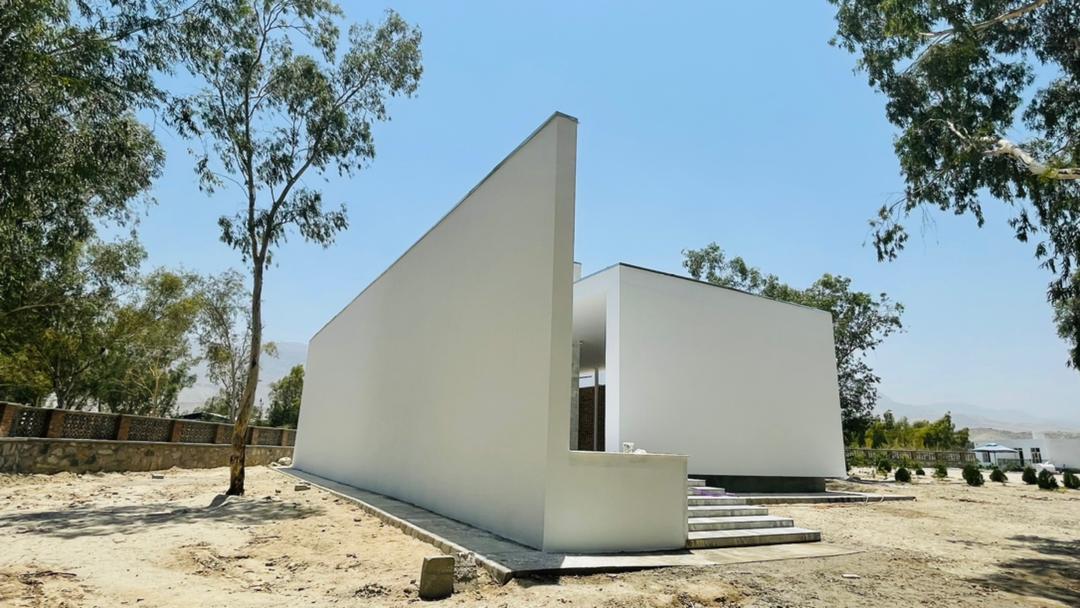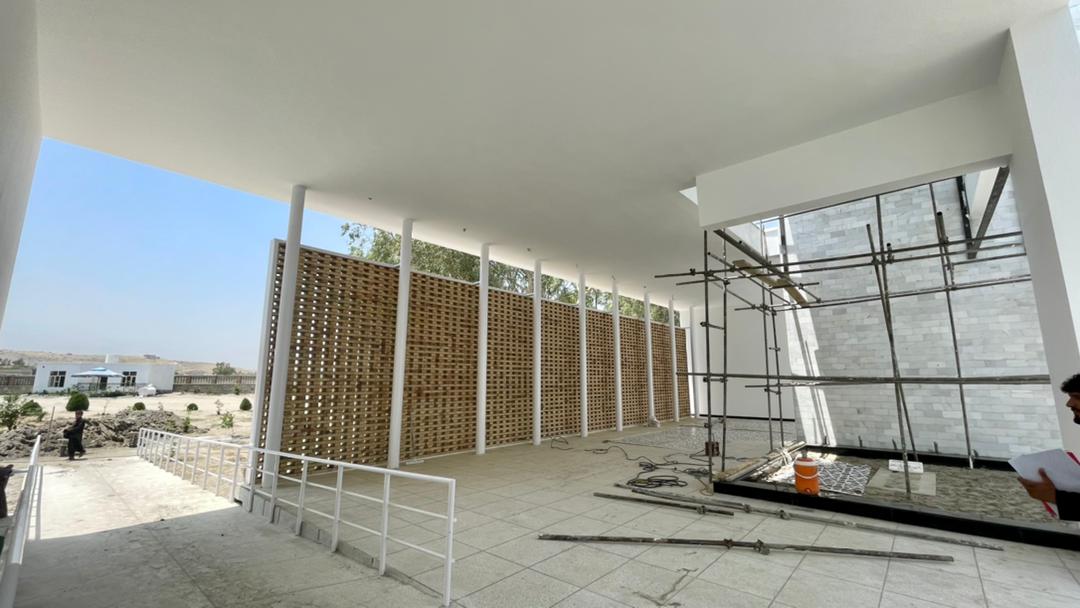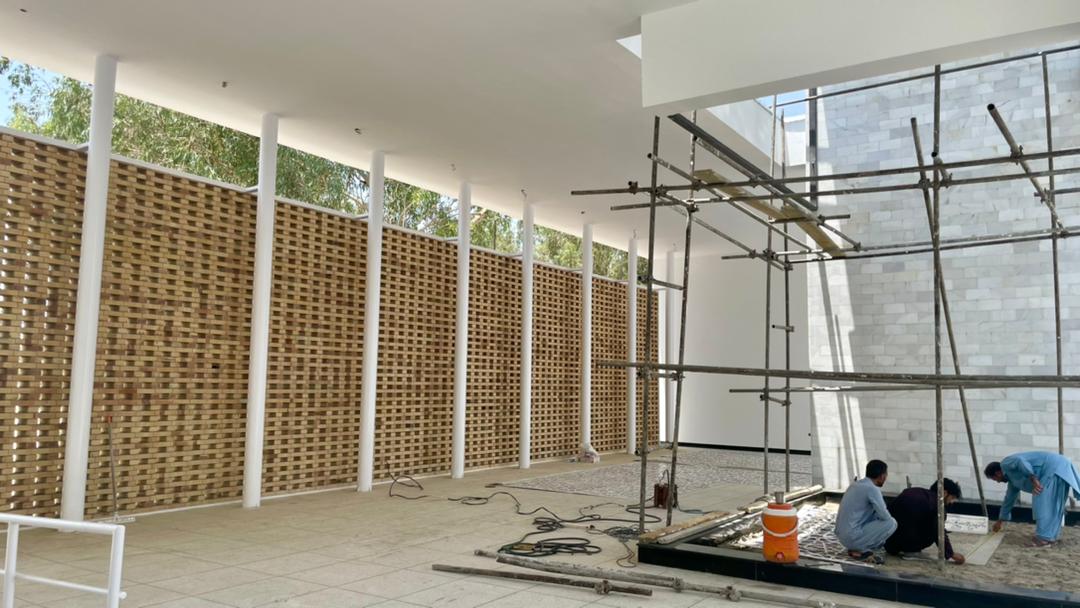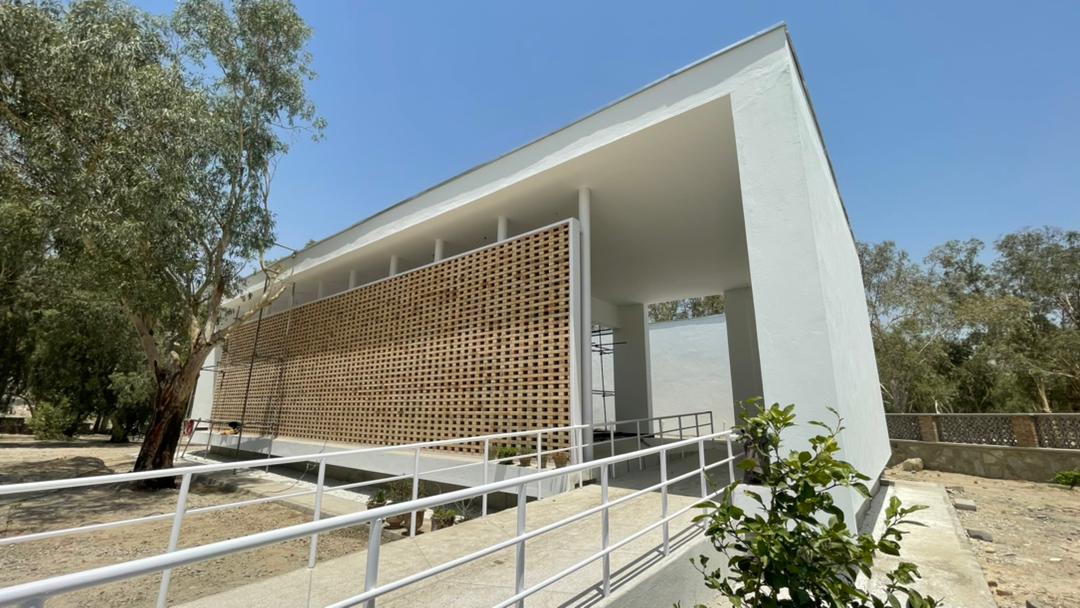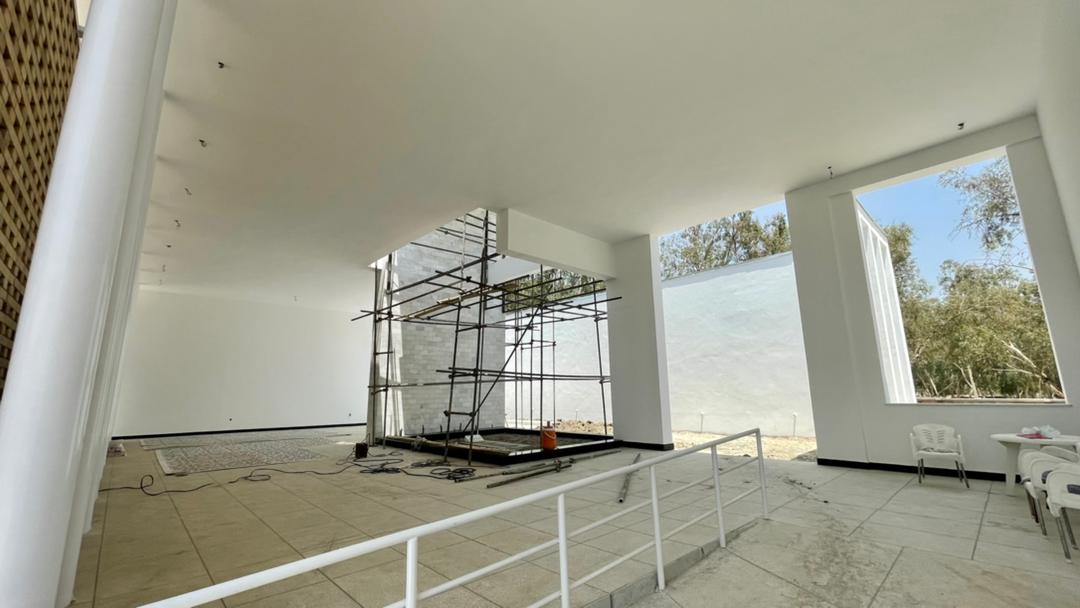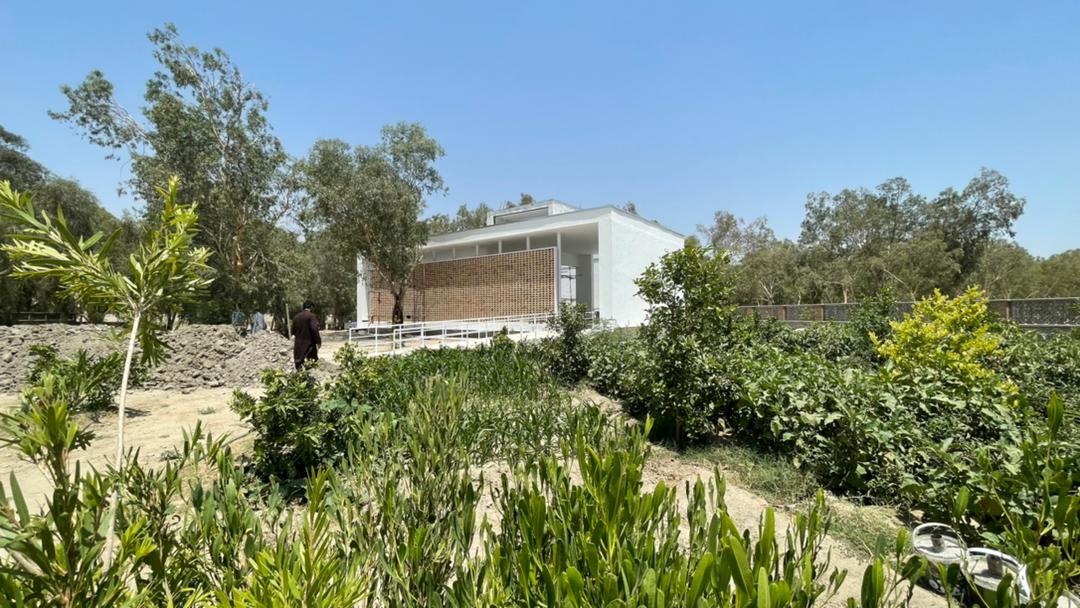Study, preserve, and share Afghanistan’s histories through research, education, and dialogue
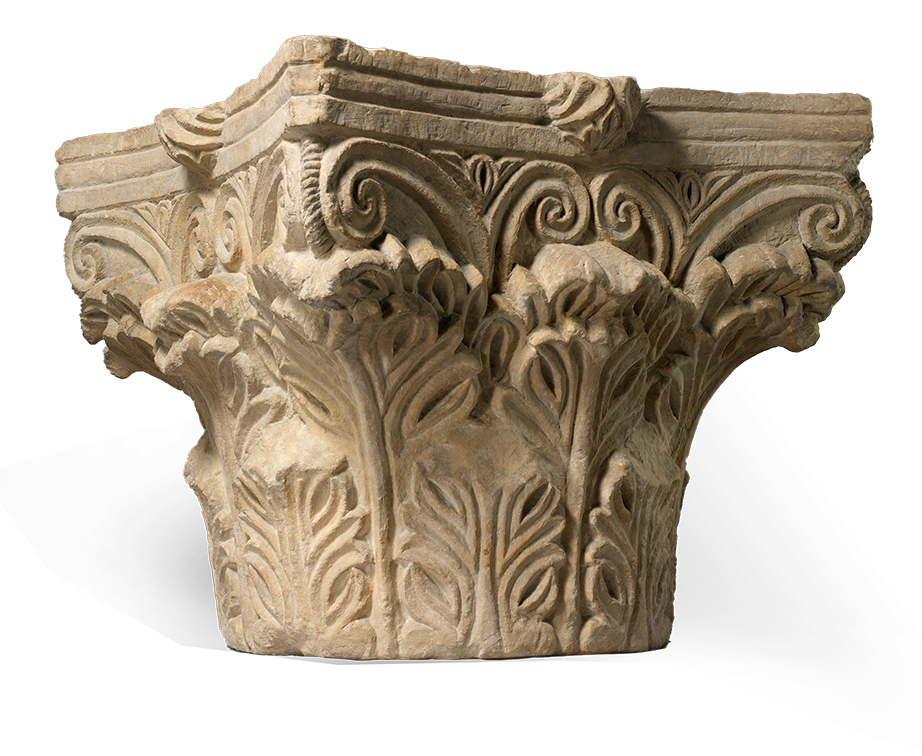
TO ADVANCE THE STUDY OF HISTORY IN AFGHANISTAN THROUGH RIGOROUS RESEARCH AND MAKING IT WIDELY AVAILABLE
We believe in promoting understanding of Afghan history through research, translation and publication.
Our Work:
We support research and educational works that aim to engage with, preserve, and promulgate Afghanistan history for public and academic communities. We are working to help history students, scholars, leaders, and policy makers, to understand the diverse local, national, regional, and global histories of Afghanistan. We are committed to make available for them the foundation’s nationwide intellectual spaces, resources, and platforms, through collaborative and individual research and educational initiatives, seminars, lecture series, exhibitions, and other programmatic events, to learn, study, and work on Afghanistan’s histories.
Key Areas of Focus:
- Conducting, sponsoring, and promoting new research on Afghanistan histories
- Identifying, archiving, and making available to public and academic communities, both in physical and digital forms, endangered Afghan historical materials from across Afghanistan and diasporic communities
- Translating seminal historical works, both concerning and beyond Afghanistan, from non-local languages, such as English, Russian, Arabic, Urdu, and other foreign languages, into local languages, such as Pashto and Dari, and vice-versa
- Publishing and distributing historical monographs, special proceedings, and other works of history and culture
To Promote and Support the Culture of Critical Dialogue
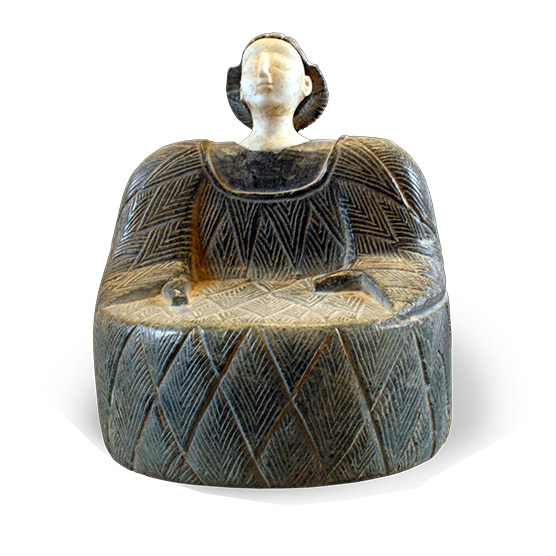
We contribute to the public and academic exchange of ideas and thoughts and promote the culture of critical debates and critical thinking by creating and facilitating an open forum for the expression of views, holding regular lecture series, and sponsoring debate and discussion events.
Our Approach:
Our aim is to develop the culture of debate and dialogue to allow the participants to engage in thoughtful communication on topics of interest and importance. We aim also that this will encourage and empower Afghan historians and students of history to enhance their critical thinking and collaborative learning skills.
Areas of Focus:
We promote the culture of debate and dialogue through our Guest Lecture Series and Conferences open to students of history, public intellectuals, and the general public. We invite senior and junior scholars, researchers, and specialists of history, culture, and arts to speak across a range of subjects.
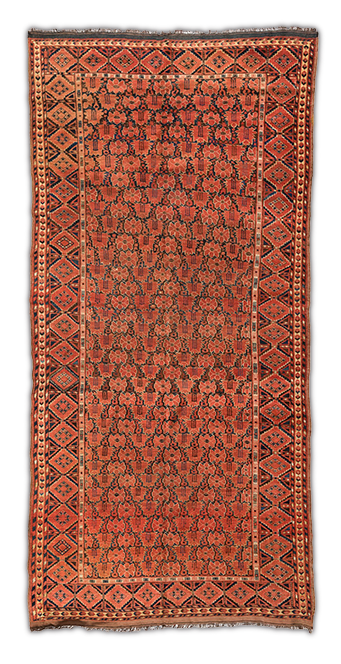
BUILDING SPACE FOR PUBLIC ENGAGEMENT WITH HISTORY
AND CULTURE
We believe that our work matters also for non-specialist and people in the society, and we value the importance of sharing our work with audiences beyond academia. We are committed to collecting, preserving, and sharing Afghanistan history by engaging in a wide variety of public outreach projects. We are always looking to increase the impact of our work with regular workshops, seminars, and events.
Our Approach:
As part of our long-term strategy, we plan to invest in local communities by sponsoring local resource centers across Afghanistan. A common difficulty for many towns and cities in Afghanistan is basic access to safe and secure space for men, women and youth to engage in critical cultural and educational activities. Our community resource centers will provide local community members with that space aimed to promote strong relationships through educational, recreational activities and exposure to history and historical pasts, places, and peoples.
Areas of Focus:
Construction of Professor Kakar’s Mausoleum in Laghman Province, Eastern Afghanistan
To celebrate the life and more than half century of contribution to the studying and understanding of Afghanistan history by Prof. Kakar, a mausoleum complex is being constructed in Laghman Province, in Surkhakan, adjacent to the Kabul River, with resource and educational facilities for the local community, students, and other interested visitors.
Our plans for the mausoleum complex include:
- Design and construction of a resource center, which will include a reception center, an auditorium, an amphitheater, a library, a prayer hall, and a garden; the complex will be built in phases with the financial assistance of the Kakar family.
- Management and planning of educational and recreational activities for the local community
The construction of mausoleum is under process in Laghman Province, Eastern Afghanistan
IMPROVING HISTORY AND CULTURAL LEARNING THROUGH MULTI-MEDIA EDUCATIONAL PROGRAMS
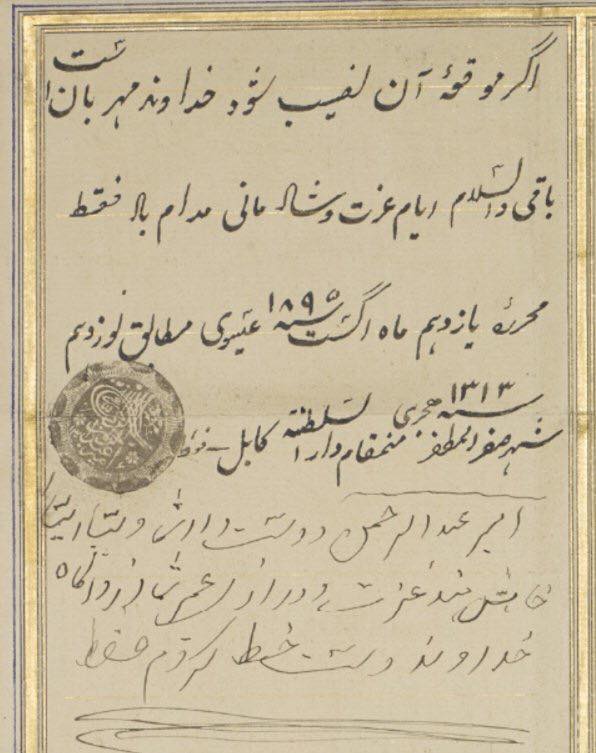
We believe the best way to preserve history is to share it. We can enhance the learning of history and culture by bringing to life past times, places, events, and objects. The initiative will unfold historical events to help different audiences understand not just the past events but their significance so that they can understand how historical events relate to their own lives.
Our Approach:
We aim to enhance knowledge of history among different audiences by taking the study of history beyond rote memorization of the people, events, dates and places, and interpreting events in their contexts to better understand how and why they occurred through the use of creative, up-to-date communication platforms.
Areas of Focus:
To reach our goal of improving history and cultural learning through historical events and artifacts, the Foundation plans to implement the following programs:
Today in Afghanistan History
We are excited to launch the ‘Today in Afghanistan History’ project that will highlight historical events and persons associated with a particular day in Afghanistan history through social media. Using short video segments and graphic images, we hope to creatively introduce major events, places and people that have shaped Afghanistan history. These short segments will also serve as an educational resource for students of Afghanistan history.
Afghanistan History through Historical Artifacts
We will trace Afghanistan history through surviving objects from our past. In short audio segments which will be broadcast through our webpage, we will examine and present artifacts of ancient art, industry, technology and arms, all of which are in the Kabul Museum’s collections, the National Archives, and other sources as an introduction to significant events in Afghan history.
Enhance Access to Resources for the Study of Afghanistan History
We can leverage our impact by sharing what we are learning about Afghanistan history and by critically analyzing, reproducing, publishing and making available resources about Afghan history. With this in mind, we support efforts with measurable impact on enhancing the study and understanding of Afghanistan history.
Our Approach:
We contribute to a sense of national and global Afghan identity by increasing interest in and access to historical documents. Our aim is to become a repository of Afghanistan history by making valuable historical documents available to scholars, students, hobbyists and others.
Areas of Focus:
Our initiatives in ‘access to resources to enhance the study of Afghanistan history’ address a diverse array of issues united by a common thread of promoting the study and understanding of Afghan history. We focus on the following key areas:
- Producing digital copies of books on Afghanistan history and making them accessible online;
- Publishing and translating books on Afghan history, culture, and identity;
- Digitally archiving old history books and maps, newsletters, journals and other materials; and
- Making history resources available through modern means such as audio, videos, interactive maps, etc.


